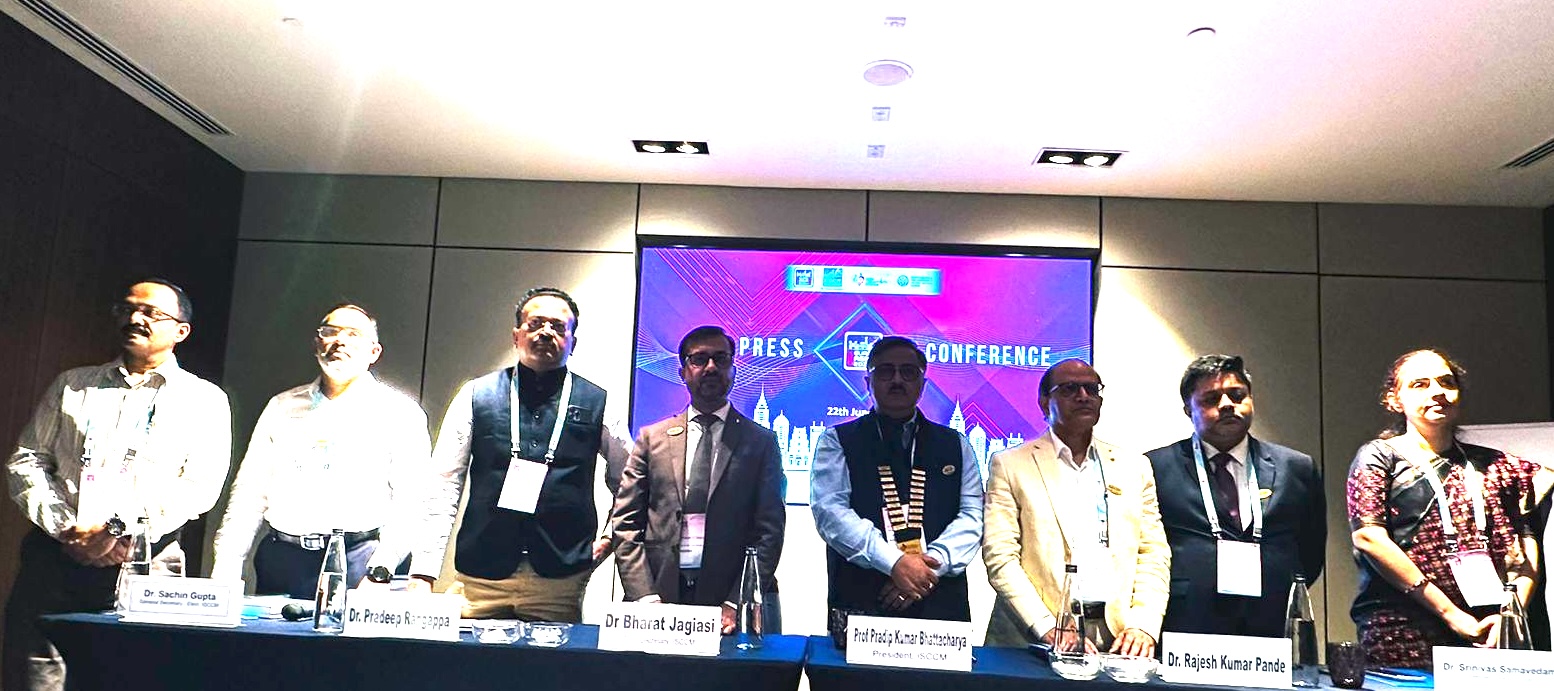
Experts Raise Alarm Over Rising Antimicrobial Resistance in India at EuroAsia 2024
Antimicrobial resistance (AMR) has emerged as one of the top 10 global health threats, impacting humans, animals, and the environment. The EuroAsia 2024 conference, attended by leading critical care specialists, underscored the escalating threat of AMR in India. Key experts including Dr. Bharat Jagiasi, Dr. Pradip Bhattacharya, Dr. Srinivas Samavedam, Dr. Pradeep Rangappa, Dr. Rajesh Pande, Dr. Sachin Gupta, Dr. Bhuvana Krishna, and Dr. Kartik Rao called for a strengthened, holistic approach to combat this crisis.
The Call for a Holistic 'One Health' Strategy
Dr. Bharat Jagiasi, General Secretary of the Indian Society of Critical Care Medicine (ISCCM), emphasized the need for an integrated 'One Health' strategy to improve antimicrobial stewardship. "The resistance to antibiotics is leading to longer hospital stays, prolonged treatment, and increased mortality," he warned. Dr. Jagiasi stressed the importance of public education campaigns, enhanced hygiene measures, and robust infection control practices to mitigate the spread of resistant bacteria, commonly known as “superbugs.”
The Dire Statistics and Critical Measures
Prof. Dr. Pradip Bhattacharya, President of ISCCM, highlighted the staggering impact of AMR in India, attributing 1.2 million deaths annually to this menace, with projections of 10 million deaths globally by 2050. He advocated for the judicious prescription of antibiotics and comprehensive stewardship programs to curb excessive and inappropriate antibiotic use. "The One Health concept underscores the necessity of controlling antibiotic consumption to prevent severe outcomes and deaths," Dr. Bhattacharya stated.
Role of Stakeholders in Combating AMR
Dr. Srinivas Samavedam, President-Elect of ISCCM, emphasized the collaborative efforts required to tackle AMR. "Every stakeholder has a role in AMR control. Stewardship is crucial, especially post-COVID-19, ensuring the right drug is used at the right time, for the right bug, in the right dose," he said. Dr. Samavedam also highlighted the responsibility of pharmacies to adhere to prescription norms and the importance of patient trust in prescribed treatments.
Government and Industry Actions
Dr. Pradeep Rangappa, former Secretary of ISCCM, pointed out that India, as the third-largest consumer of antibiotics, faces significant challenges. "30 to 60% of the time, antibiotics are inappropriately prescribed. The Indian government has initiated a national action plan and guidelines on surveillance and resistance patterns," he noted, urging for stringent checks at the pharmacy level.
Need for New Anti-Infectives
Dr. Rajesh Pande, Principal Director at BLK MAX Super Specialty Hospital, called for a multidisciplinary approach to tackle AMR. He highlighted the urgent need for pharmaceutical companies to develop new anti-infectives as current options are dwindling. "Antibiotic consumption needs careful monitoring both inside and outside hospitals. The pipeline for new antibiotics is running dry, making it crucial for pharmaceutical companies to innovate," Dr. Pande stated.
The EuroAsia 2024 conference served as a critical platform for experts to voice their concerns and recommend strategic measures against the burgeoning AMR threat in India. The consensus among specialists is clear: a concerted, multi-faceted approach involving public education, stringent prescription practices, and innovative pharmaceutical solutions is essential to combat this global health challenge effectively.